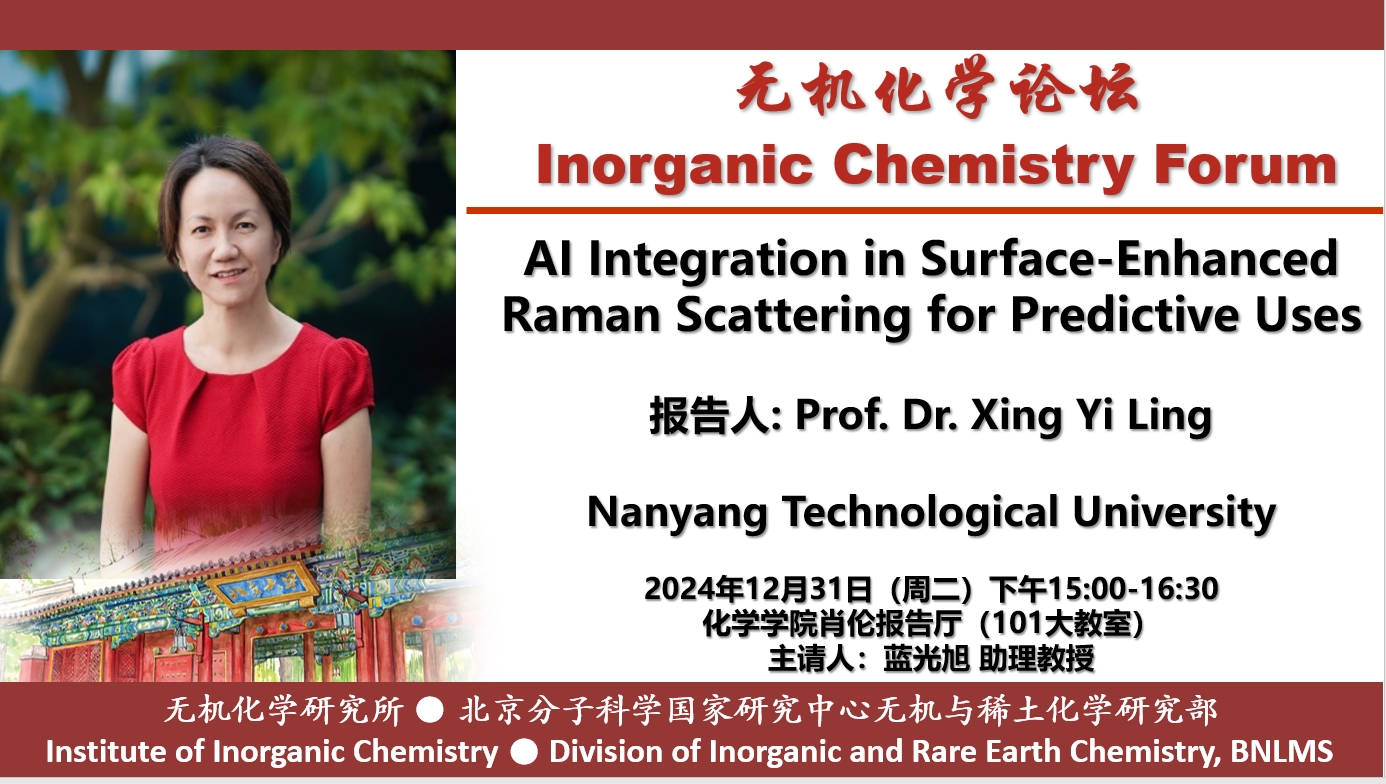
Abstract
Nanomaterial-based sensors (“nanosensors”) are attractive detection tool to detect multiple disease biomarkers swiftly and at point-of-care. These nanosensors make use nanometer-sized particles with unique physical, optical, and electrical properties to induce enhanced output signals in response to the detection and/or changes in concentrations of analytes. In this talk, I will discuss my group’s effort in using one of the nanosensors, surface-enhanced Raman scattering (SERS) nanosensors for various biomedical applications. SERS utilizes metallic nanoparticles such as Ag and Au to harness incoming light excitation, concentrate surface plasmon resonances, and boost the Raman vibrational signatures of biomarkers for ultrasensitive detection. Firstly, I will discuss various SERS platform fabrication strategies to bestow desirable chemoselectivity and increase target analyte/biomarker affinity to achieve higher detection sensitivity and selectivity. I will also highlight various emerging research strategies which utilize machine learning algorithms for rapid on-site prediction of disease infection. Specifically, how chemometrics and machine learning algorithms can transform the assimilation and interpretation of complex spectral data in biological samples by discerning more patterns hidden within the data, to achieve high throughput data analysis, sensitivity, and disease prediction. I hope these insights can stimulate the development of innovative and hybrid detection methods across the entire analytical discipline to resolve longstanding challenges in biomarker and analyte sensing and detection.
Biography
Xing Yi Ling is a Professor in Chemistry from Nanyang Technological University, Singapore and the Editor-in-Chief of the ACS Applied Materials & Interfaces and Applied Materials portfolio journals. She received her Ph.D. degree in Chemistry from University of Twente, the Netherlands, and her postdoctoral research at the University of California, Berkeley. She is the Fellow of The Royal Society of Chemistry, and received Singapore National Research Foundation Investigatorship, Nanyang Award for Innovation & Entrepreneurship, L’ORÉAL Singapore for Women in Science National Fellowship, Singapore National Research Foundation Fellowship, IUPAC Prize for Young Chemists, and etc. In January 2024, Xing Yi assume the Editor-in-Chief position of the ACS Applied Materials & Interfaces and Applied Materials portfolio journals, a family of eight journals focused on materials, interfacial processes, and their applications. She is in the editorial boards of Angewandte Chemie, Chemistry of Materials, Nanoscale Horizons, Cell Reports Physical Science, ChemPlusChem. Her research focuses in using nanotechnology for fundamental studies and applications in environmental, healthcare, and catalysis fields. In particular, she is interested in self-assembling shape-controlled noble metal nanoparticles into superlattices to impart new structure-to-function properties and applications in surface-enhanced Raman scattering (SERS).